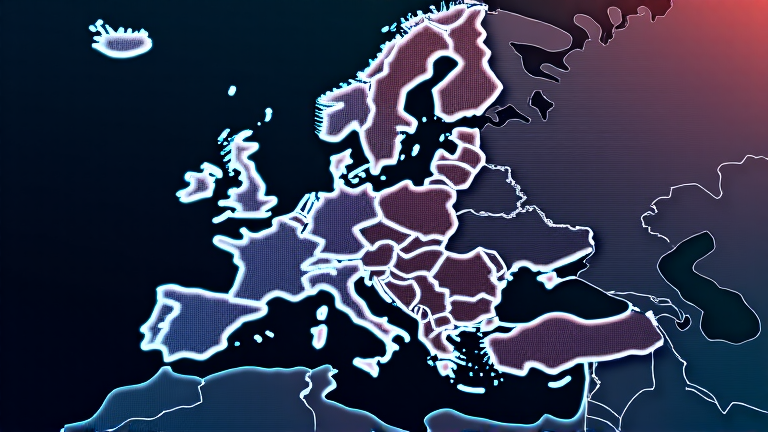
Overview
On February 12, 2025, the European Union announced a temporary pause on its proposed legislation related to privacy, often termed the "cookie law," and the non-contractual civil liability rules for generative AI. The decision, outlined in Annex IV (items 29 and 32) of the Commission’s 2025 work programme, reflects deep-seated disagreements among member nations and concerns about overregulation in a rapidly evolving technological landscape.
Divergent National Perspectives
EU member states hold varying views on how to handle emerging AI challenges. For instance:
- France is advocating for a pro-innovation agenda, recently highlighted by President Emmanuel Macron during an AI summit.
- Germany remains cautious, pushing for stricter regulations to safeguard public interests.
Andrew Gamino-Cheong, CTO at Trustible, explained that these incompatible national stances have stymied progress:
"The EU member states have started to split on their own attitudes related to AI. On one extreme is France ... Others, including Germany, are very skeptical of AI still and were pushing for these regulations. If France and Germany are at odds, nothing will get done."
Global Implications and Regulatory Hesitations
Several experts are worried that premature and overly stringent regulations could hinder technological advancement and place European companies at a disadvantage in the global AI market. Ian Tyler-Clarke from the Info-Tech Research Group warned of broader geopolitical repercussions:
"Beyond the EU, this decision could have broader geopolitical consequences... Without new AI liability rules, other regions may hesitate to introduce their own regulations, leading to a fragmented global approach."
Enza Iannopollo, a principal analyst at Forrester, expressed relief at the withdrawal of the outdated privacy bill, noting:
"Thank God that they have withdrawn that one. There are more pressing priorities to address."
She expects that the AI liability rules will reappear in a revised form, emphasizing that the current delay is a tactical move to ensure the upcoming EU AI Act is properly integrated.
Technical and Strategic Considerations
Industry specialists are also examining the technical complexities posed by generative AI. Michael Isbitski, former Gartner analyst and principal application security architect for genAI at ADT, detailed challenges related to data logging and system security:
"Every AI transaction now demands comprehensive logging, which complicates securing requirements and controls systems."
Independent AI engineer Vincent Schmalbach highlighted a key shift in EU policy:
"The most interesting part is how this represents a major shift in EU thinking. It went from being the world’s strictest tech regulator to acknowledging the need to avoid falling behind in the AI race."
Flavio Villanustre, global CISO at LexisNexis Risk Solutions, pointed out that while the pause means no immediate changes for enterprises, the broader issue of AI liability remains critical. He explained the challenges of attributing liability in AI systems where responsibility can lie with multiple parties, making contractual definitions insufficient.
Looking Ahead
With the impending implementation of the larger EU AI Act, regulators are choosing to proceed cautiously. The delay allows for observation of the new framework’s effectiveness and prevents the risk of outdated or overly burdensome regulations. As debates continue, experts agree that this pause is a strategic move to better align future legislation with both technological realities and competitive global pressures.
Note: This publication was rewritten using AI. The content was based on the original source linked above.